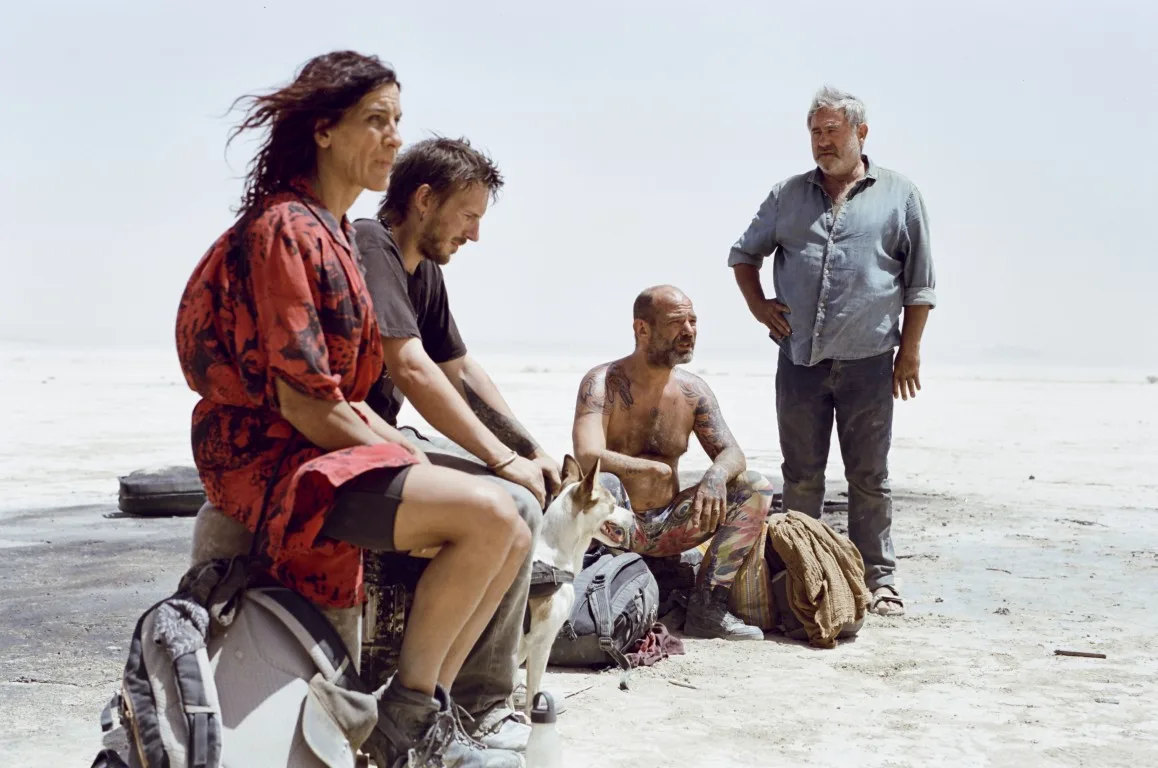The Cannes Film Festival unfolds in such a manner that there are often screening windows in which it’s impossible not to see something already assigned to another writer. With five people covering the fest, including the division of the Competition program among three writers (myself, Ben Kenigsberg, and Robert Daniels), it leads to seeing some important films that someone else is covering. There also come moments when a Cannes fest goer just wants to chase buzz, as happened after the premieres of two of the Cannes award winners in this feature or just needs to see new films by masters like Spike Lee and Kelly Reichardt. There were only a few times when I saw films covered by others that I didn’t particularly like (“Renoir” & “Leave One Day”). On the other hand, a few of my favorite films of Cannes 2025 have already been discussed here on RogerEbert.com, but I wanted to offer my co-sign on praise for these five flicks, movies that you will certainly want to see when they’re released later this year or in 2026.
“Sirāt”
Oliver Laxe’s Cannes award winner of the Jury Prize (basically third place) takes its name from the Islamic bridge that separates Hell from paradise. An existential horror film, it’s the story of a father (Sergi López) searching for his daughter after she disappears from a rave in the middle of the Moroccan desert, but that “Vanishing”-esque concept is just the starting line for an unforgettably tense road film that captures the tone of the music its characters embrace. One of them says, “It’s not for listening, it’s for dancing,” and Laxe’s film becomes similarly challenging if one attempts a literal interpretation. It’s better to just let its incredible sound design and increasing tension wash over you, in much the same way its exiles from normal society have given themselves over to the music and the culture. Laxe’s film is a riveting cinematic experiment, a film that recalls Tarkovsky, Antonioni, and Miller as it affirms its filmmaker as a major talent. Just keep dancing. It’s all we can do.
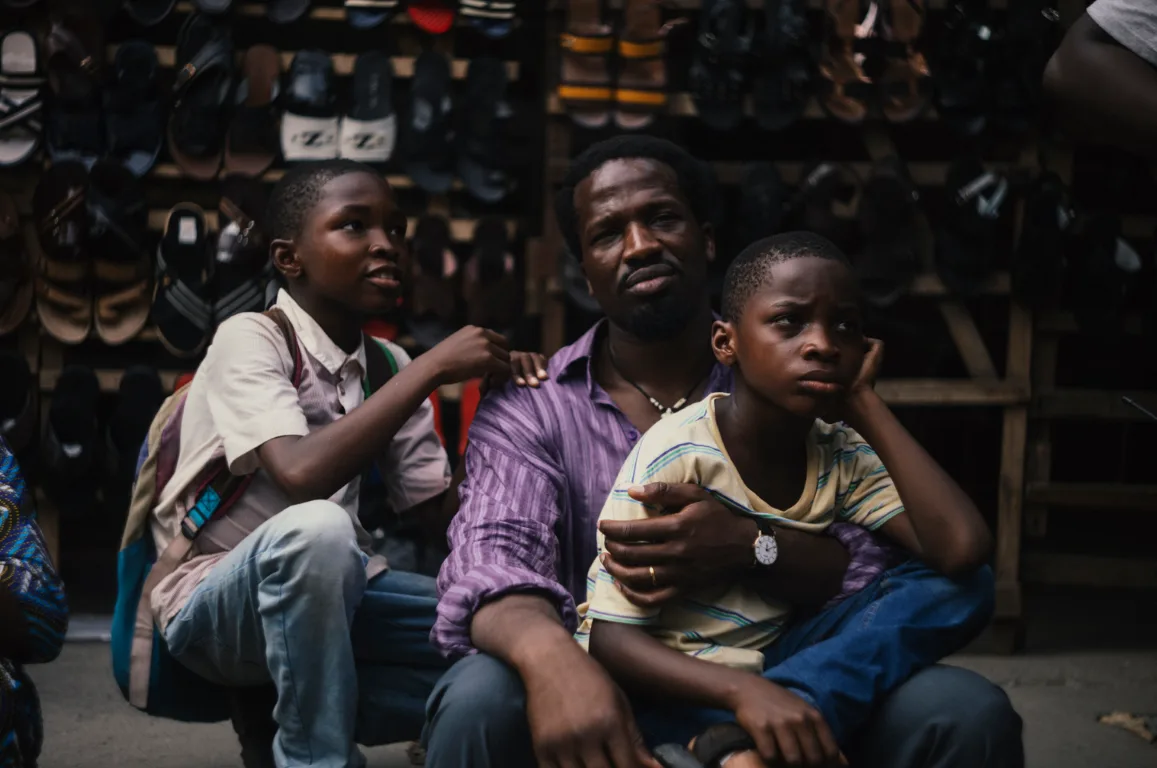
“My Father’s Shadow”
The most emotional I was at any point of Cannes was in stumbling into the daylight after this breathtaking debut from Akinola Davies Jr., a deeply personal film that achieves universal meaning through its specific emotions. Davies tells the story of two boys whose father returns after an undefined time away. Or does he? From the beginning, Davies is playing with memory, the kind of images we have of our father from our youth that may not have happened exactly as we remember but the truth lays in the emotions we have wrapped around them in our minds. With career-best work from Sope Dirisu of “Gangs of London,” this is a film that many will hold close to their heart, a wonderfully detailed and heartfelt story of fathers and sons that I felt every beat of deep in my soul.
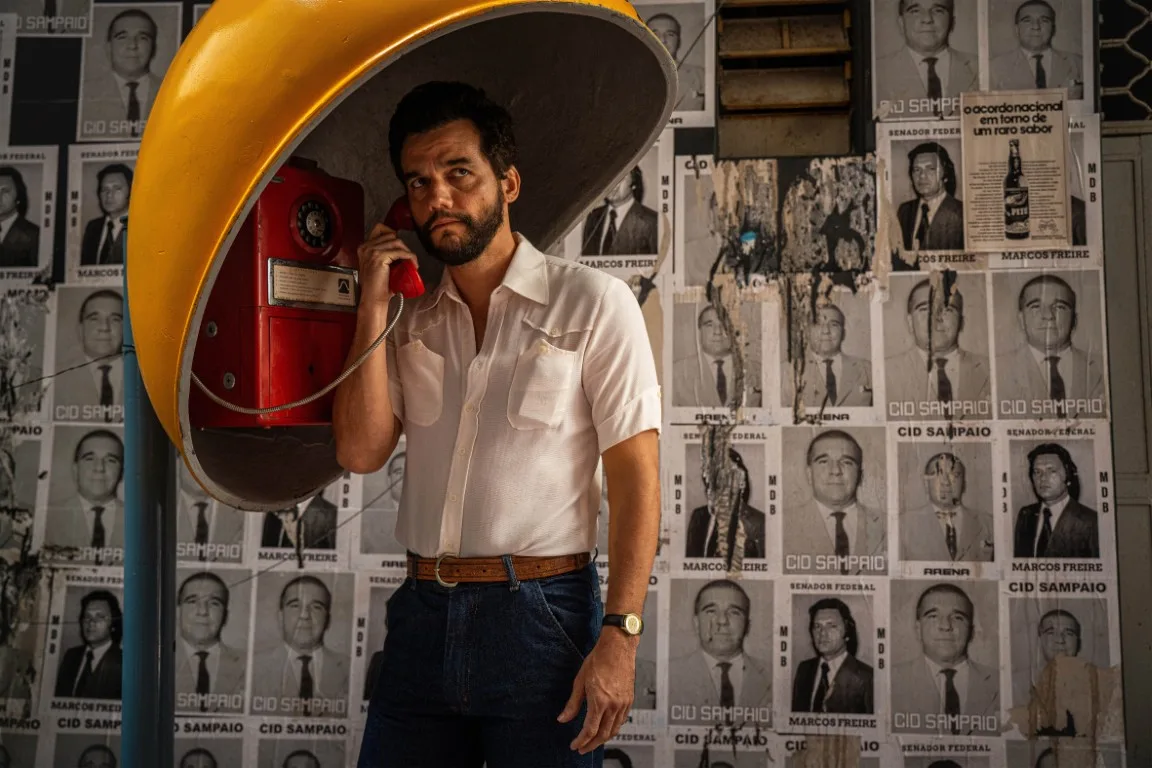
“The Secret Agent”
Kleber Mendonça Filho and Wagner Moura won Best Director and Best Actor, respectively, for this daring thriller about a man trying to navigate oceans of corruption to find the truth, while also hiding his own identity. The “Civil War” star returns to his home country of Brazil for the first time in years, giving a truly towering performance that recalls some of the great turns from the ‘70s in thrillers that inspired this one like the work of Sidney Lumet and Costas-Gavras. “The Secret Agent” openly pulls from that era of filmmaking while also maintaining its own deep cultural identity and daring genre playfulness. It’s a mesmerizing piece of work that only grows more powerful as one figures out the elaborate construction being employed by Filho. I’ve thought about it every day since I saw it, and I look forward to seeing it again.
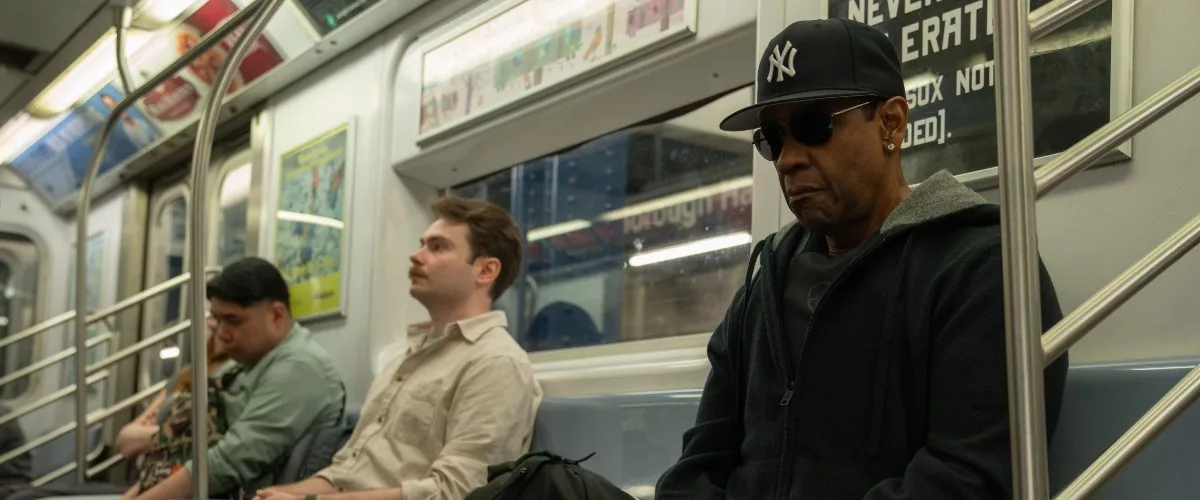
“Highest 2 Lowest”
Arguably the most misunderstood film of Cannes 2025, Spike Lee’s latest is a commentary on the incredible writer/director’s own career, using Akira Kurosawa’s “High & Low” as a starting point to unpack his own passions, and how he finds his voice through his love of the city of New York. The first half of “H2L” is admittedly clunky, but I believe it’s intentionally so, a way to capture the arc of a creative—in this case, a music executive played by Denzel Washington—who only finds himself again when he descends from the castle to the streets below, where everything that Lee loves from music to culture to the NY sports teams practically vibrate the camera. “H2L” is imperfect, but it’s another bold swing from one of our best living directors, and it connects all the more memorably when one considers how Lee brought “Do the Right Thing” to Cannes 36 years ago. Entire generations of filmmakers have been shaped by Spike Lee, and it was a gift to have him back at Cannes.
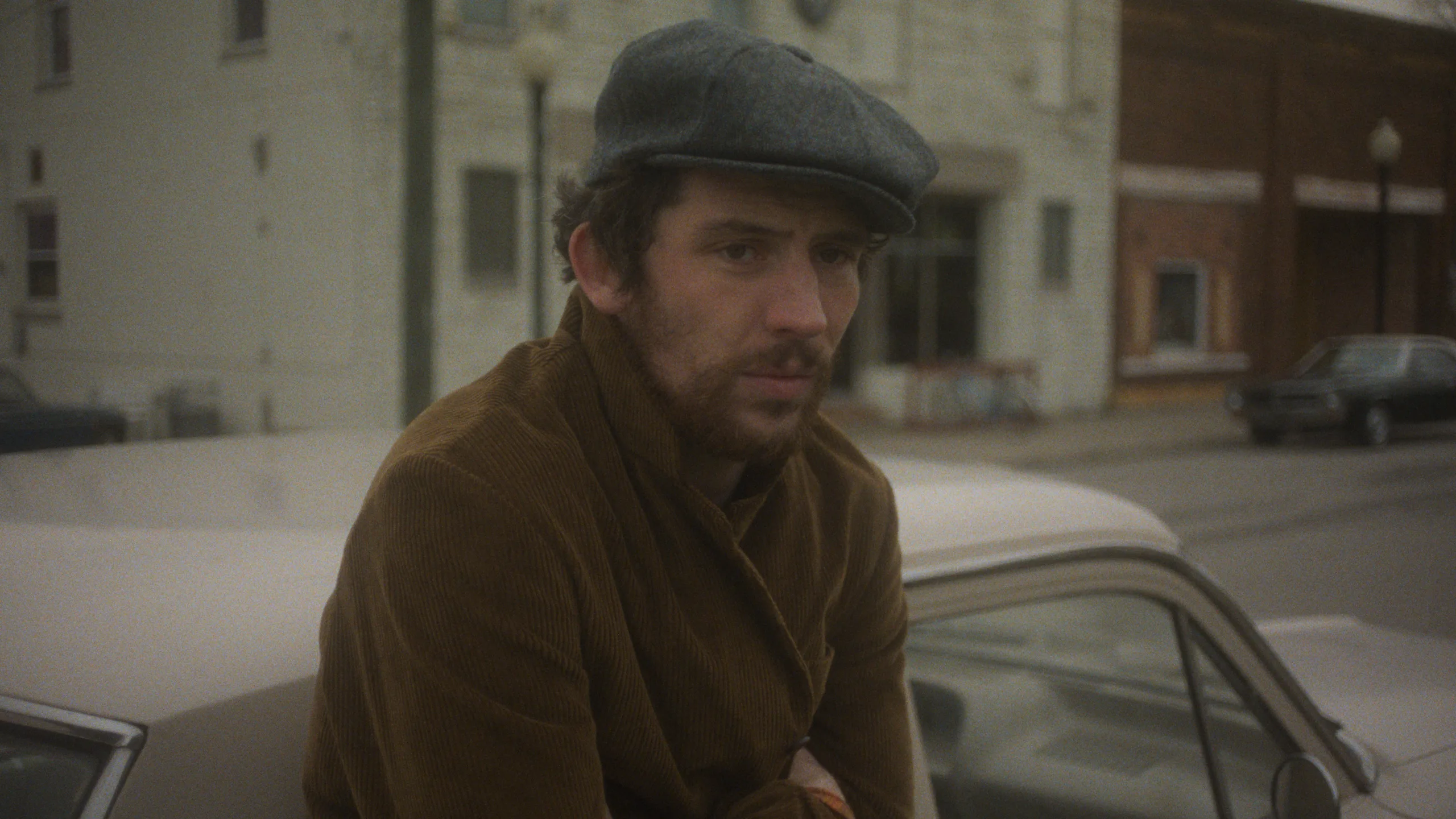
“The Mastermind”
Finally, there’s the latest from Kelly Reichardt, a filmmaker who I’ll admit I’ve been less high on than some of my colleagues over the past few years, preferring early works like “Wendy & Lucy” and “Meek’s Cutoff” to her recent output. “The Mastermind” is an undeniably fun movie, the most playful that Reichardt has been in years, arguably ever. Josh O’Connor continues his quest for indie film domination in a charmingly hangdog performance as a truly inept art heist mastermind. O’Connor understands the inner monologue of an ordinary guy who gets caught up in the ripple effect of the poor decisions he makes around the theft of four artworks from a Framingham museum. There may be deeper statements about the era and the human condition in Reichardt’s film that critics will unpack when it’s released, but I admired it as an old-fashioned comedy of errors, a cleverly calibrated laugher that could have devolved into pure idiocy in less talented hands, but a film that holds together as another rich character study from a great filmmaker.

